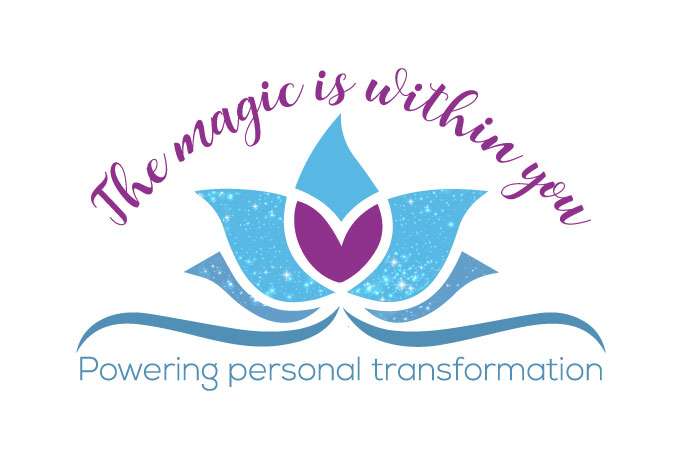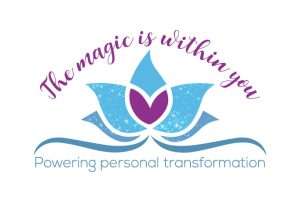Habits are the things that we do automatically, once we are aware of these, we can take steps to change things that are ineffective within our lives. There are habits that can negatively impact our mental health or even be destructive to our personality. Therefore, it is worth being aware that we can improve our psychological well-being and overall life by raising our awareness of self and the things we do that create dysregulation or dysfunction of our nervous system or interactions with others.
Here are some pointers that you may consider becoming more connected to yourself and the world around you.
So ask yourself, are you …
Avoiding your own emotions
It is important to allow yourself to be with different emotions. People often ask, “What do you mean be with” it’s when we can make space for the emotions, we usually push aways, or when we talk about what we fee. This l is beneficial, both with those close to you and with a therapist. Denying or avoiding your own emotions can worsen your mental state and lead to the development of compromised mental and physical health.
Not maintaining personal boundaries
It’s important that we set personal boundaries and stick to them. It is very liberating to be able to say “no” for your own well-being. People without this skill often risk overloading themselves with work and quickly experience a lack of compassion, when we constantly take on more and more, we can experience what is commonly referred to as burn out. Burn out is simply a lack of compassion and boundaries for self.
For example, are you someone who cannot stop solving work issues during leisure time? Or bringing friend’s/ family issues before your own wellbeing? If so you are at risk of deteriorating your psychological state or even physical health, you may feel anxious or a prolonged dip in mood.
Comparing yourself to others
Experts advise focusing on personal internal growth, comparison to others who you believe are more established, more financially secure, have a happy connected family life etc can lead to low self-esteem, as it can foster a sense of inadequacy. It may even be you compare yourself to those who have less than you leaving you with negative feelings of privilege compelling you to constantly over compensate. If you evaluate your value and worth through another person, you risk losing your authenticity.
Hanging on to this way of thinking may stem back to childhood where you were compared against a sibling/Friend/Cousin, or frequently reminded of how much worse things could be. This is a toxic trait as it can really complicate your life.
Beating yourself up
It is important to learn to recognise your strengths. Constant self-criticism can undermine your self-confidence and cause anxiety and even things like imposter syndrome.
Pay attention to moments when you start criticising yourself and stop these negative thoughts. Instead, think about a list of things you are grateful for. Keeping a gratitude journal can be helpful or write on a mirror you pass or look into every day or simply leave yourself post it notes to remind you of these things.
Blaming yourself for failures
Feelings of guilt are destructive to a person’s psyche, especially if they also have low self-esteem, allowing them to be consumed entirely, this can trigger the need for deep rest (depression)
Again, in childhood if we felt there was no one there to rescue us and we were constantly blamed, or perceived we were to blame this can have a last impact. Always remember, in the absence of the critic we were exposed to as a child there is no need to invent punishments for yourself. If you are truly guilty of something, it is more effective to think about how to rectify the situation rather than run a narrative in your head with no solution or outcome.
Inactive lifestyle
It is important for movement and human interaction, things like walks and sports to become a routine. An inactive lifestyle negatively affects our mood and health. Even minor physical exercises every day will improve our mental and physical health. Outdoor walks should also become a daily ritual: don’t count your steps, just be present with the landscapes around you.
Time on social media
It is helpful to limit the time you spent on social media. Remember that information overload can increase stress levels, allow you to experience anxious states and consume your daily life
Avoiding socialization
Spend time with your attuned loved ones, attending groups, classes or social events, even friends on computer games. Without these social interactions we cannot feel the fullness of life, we are a social species, we thrive in the company of others, providing this company is nurturing and creates a sense of at ease we are more likely to experience the effects of naturally occurring chemicals (sometimes called hormones or neurotransmitters)
Dopamine – This helps Drive our brains reward system (Achieve a goal or get recognition)
Oxytocin – This is for Oneness, to allow us to feel loved (hugs and closeness are great for this)
Serotonin – This is for Stability of mood, behaviour etc (Sleep, whole foods and water help this)
Endorphins – To regulate emotional responses with Ease (Laughter, exercise, chocolate)
These chemicals are responsible for our daily levels of happiness. When we have healthy levels in our system (achievable through taking on the information above) we feel better, look better and engage better across all areas of our life
Never underestimate the value of establishing simple and nurturing communication with self and other people.
So … where do you get your daily DOSE
Love Vivian xx



